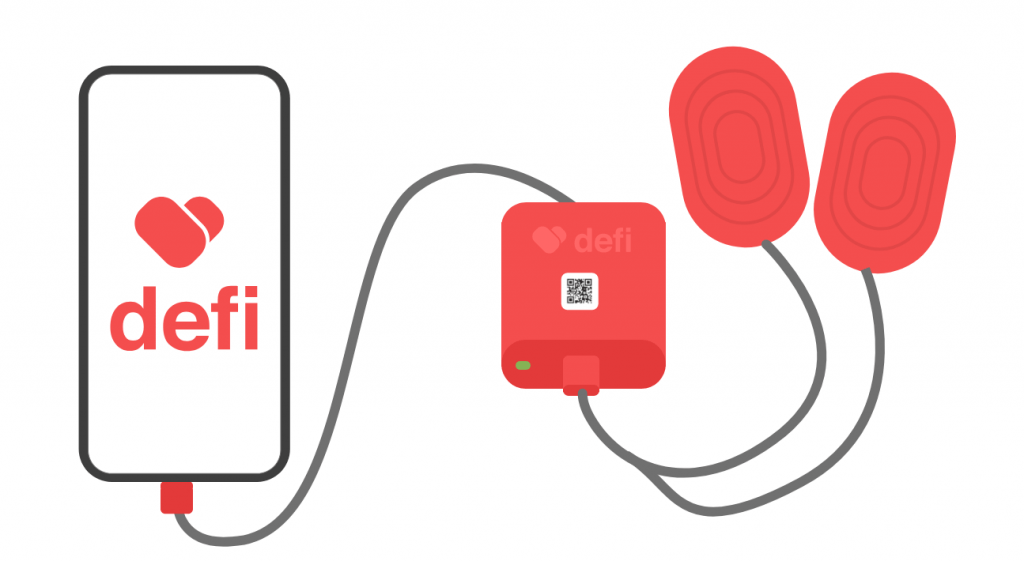Time to Care
Students from Technion and Cornell Tech team up to tackle health challenges and propose technological solutions
The COVID-19 pandemic may have created many obstacles, but it also provided opportunities for finding creative ways to overcome them. On January 14th, joint teams of students from the Technion – Israel Institute of Technology and Cornell Tech took part in the final event of a semester-long ideation course, where they presented technological solutions for health challenges.
The course represented the first virtual version of the iTrek program, a yearly effort of the Joan and Irwin Jacobs Technion-Cornell Institute at Cornell Tech that brings New York City-based master’s degree students to Israel to collaborate with Technion students and faculty. While COVID may have kept the Cornell Tech students at home, it did not stop them from visiting Israel virtually and working closely with colleagues in Haifa.
This year’s iTrek was organized and executed under the leadership of the Jacobs Technion-Cornell Institute, by Co-Directors Michael Escosia, Assistant Director of Operations, and Lucie Milanez, the Project Manager and Program Coordinator at Technion, and the MindState Ideation Lab. Co-founded by Tamar Many (Shenkar College, Tel Aviv University) and Henk van Assen (Yale, Parsons School of Design), MindState explores societal challenges through an interdisciplinary, human-centric methodology to achieve innovative change. The main event, titled Time to Care, was a joint project of MindState Ideation Lab, the Technion, and Cornell Tech, with help and cooperation from the Tel Aviv Sourasky Medical Center.
Academic leadership of the program was provided by Assistant Professor Joachim Behar, Director of the Technion Artificial Intelligence in Medicine Laboratory (AIMLab), Professor Ron Brachman, Director of the Jacobs Institute, and Professor Ariel Orda, the Jacobs Program Head at the Technion. Teaching assistance was provided by Sofia Segal of the Faculty of Biomedical Engineering at Technion.
Twelve multi-disciplinary teams mixed with Technion and Cornell Tech students and professional designers from companies such as Wix, Lightricks, Google, Climacell, and Similar Web took part in the competition through the virtual spaces of Zoom and GatherTown. They, along with mentors from Sourasky Medical Center, tackled problems as varied as communication between patients and staff, challenges of a nurse’s daily routine, early diagnosis of Alzheimer’s disease, and even reducing food waste in hospitals.
The winner Defi aims to develop a portable defibrillator, which runs on a mobile phone’s power supply. They based their project off the fact that access and timely application of a defibrillator can save the life of a person suffering from a heart attack. The team of Ravit Abel (Nanoscience and Nanotechnology M.Sc. Candidate), Alon Gilad (Biomedical Engineering M.Eng. candidate) and Idan Shenfeld (B.Sc. in Computer Engineering, Rothschild program) from the Technion, together with Ashley Dai (Operations Research M.Eng. candidate) and Eric Chan (Double M.Sc. candidate in Applied Information Science and Information Systems) from Cornell Tech proposed a conceptual solution which would eliminate the large battery that constitutes most of the existing defibrillator’s bulk and charge it instead within seconds from any mobile phone. An accompanying app would provide instructions, automatically contact emergency services, and provide caregivers real-time information about the patient’s status. If the groups’ conceptual design would prove feasible, the defibrillator could become compact, cheap, and easy to use.
Second prize went to Minder, aimed at helping the elderly population keep track of medication and stay in touch with physicians as part of their daily routine. Third prize winner, Libi, targets patients recovering post-heart-attack by helping reduce a second incident of cardiac arrest through tracking and education.
By bringing together academics and industry leaders and mixing skills, the Ideation Competition was viewed as “an amazing experience.” Following their victory, Defi team members attributed their success to: “Opportunities to work with top professionals in the field, and to learn about the business side of creating a technological solution concept.” They added that “between us, we all come from different fields; we were able to put together our strengths, come up with different ideas, and achieve together what none of us could have achieved alone.”
Innovation, design thinking, and social impact have always been the driving force of the Jacobs iTrek program. Professor Ronni Gamzu, CEO of Sourasky Medical Center and one of the judges of the competition, concluded the final event by encouraging the teams to “keep on innovating because this is the way to advance medicine, even in the time of an epidemic and pandemic.”
The participating students are either in advanced years of their bachelor’s degrees, or in their graduate degrees. Defi was mentored by Professor Yaron Arbel, director of the Cardiovascular Research Centre at Sourasky Medical Center, and Mr. Eyal Kellner, CIO at the Sourasky Medical Center. The design team assisting them included Elad Rahmin, Oren Elbaz, and Vera Mordehayev from Climacell.
The activity was sponsored by Monday, IMed Medical Habitat, the Technion, the Jacobs Institute at Cornell Tech and the Israel Council for Higher Education. Prize awards in the total amount of $10,000 were provided by the Dr. Joseph Holt and Halaine Maccabee Rose Fund.



